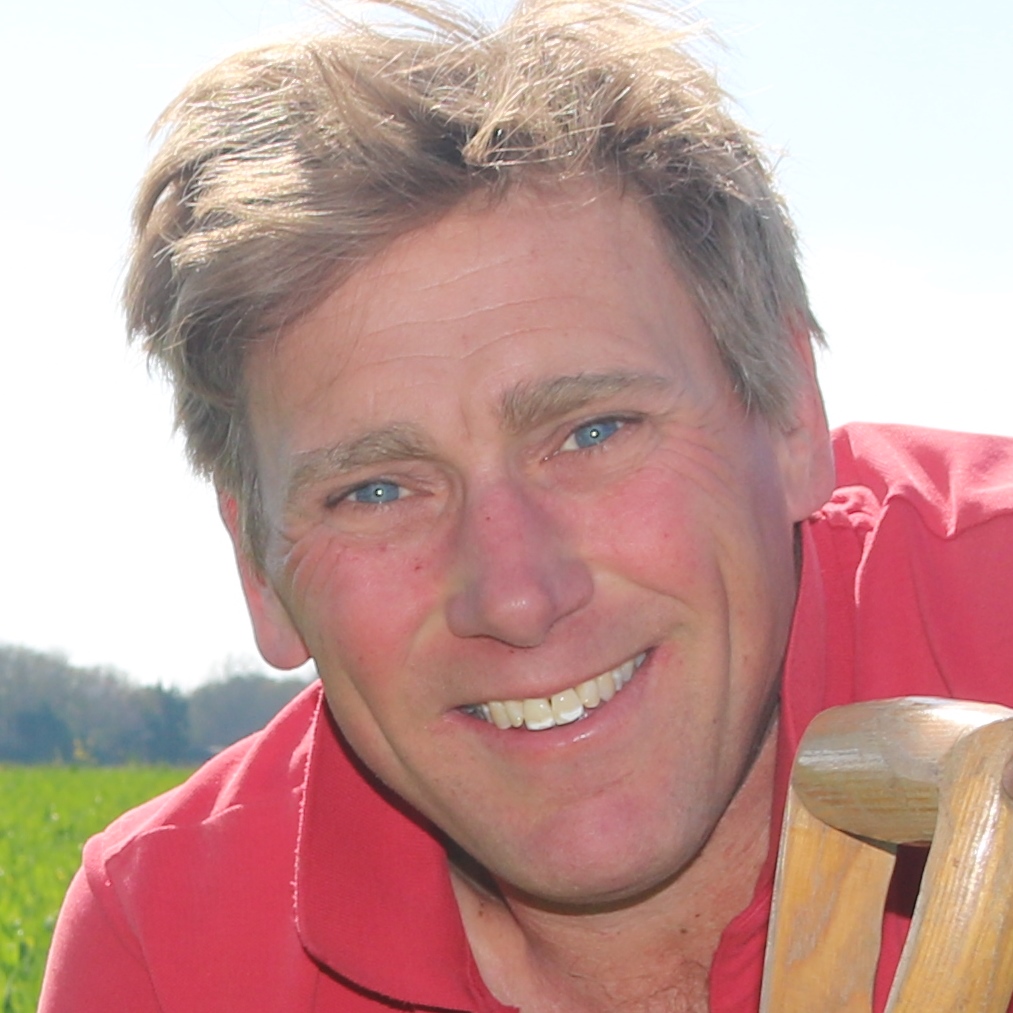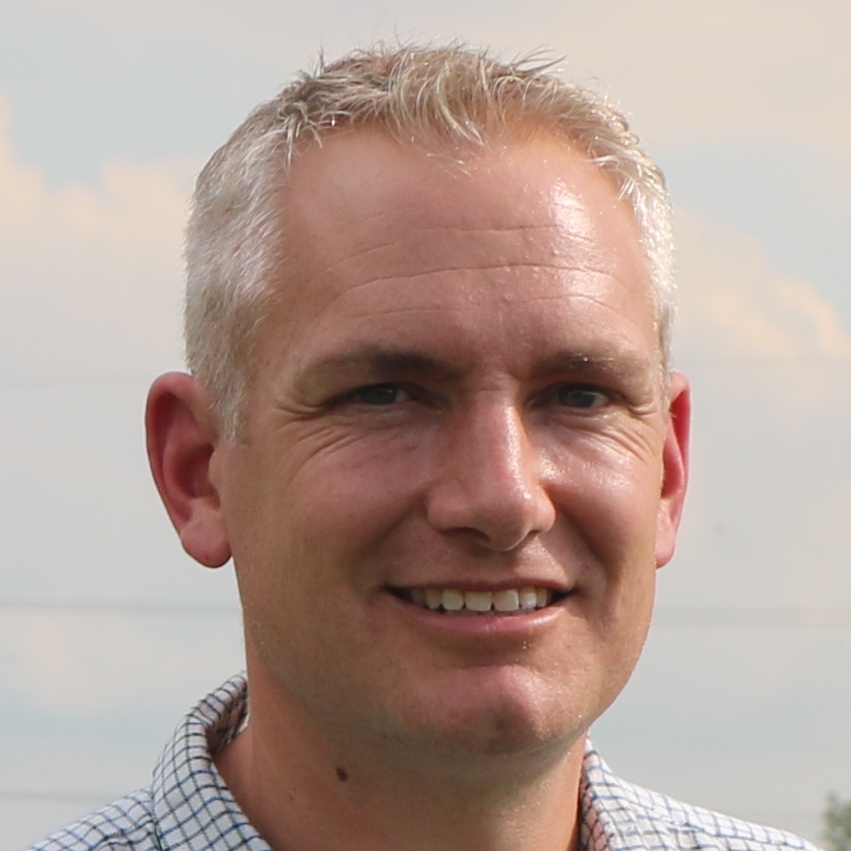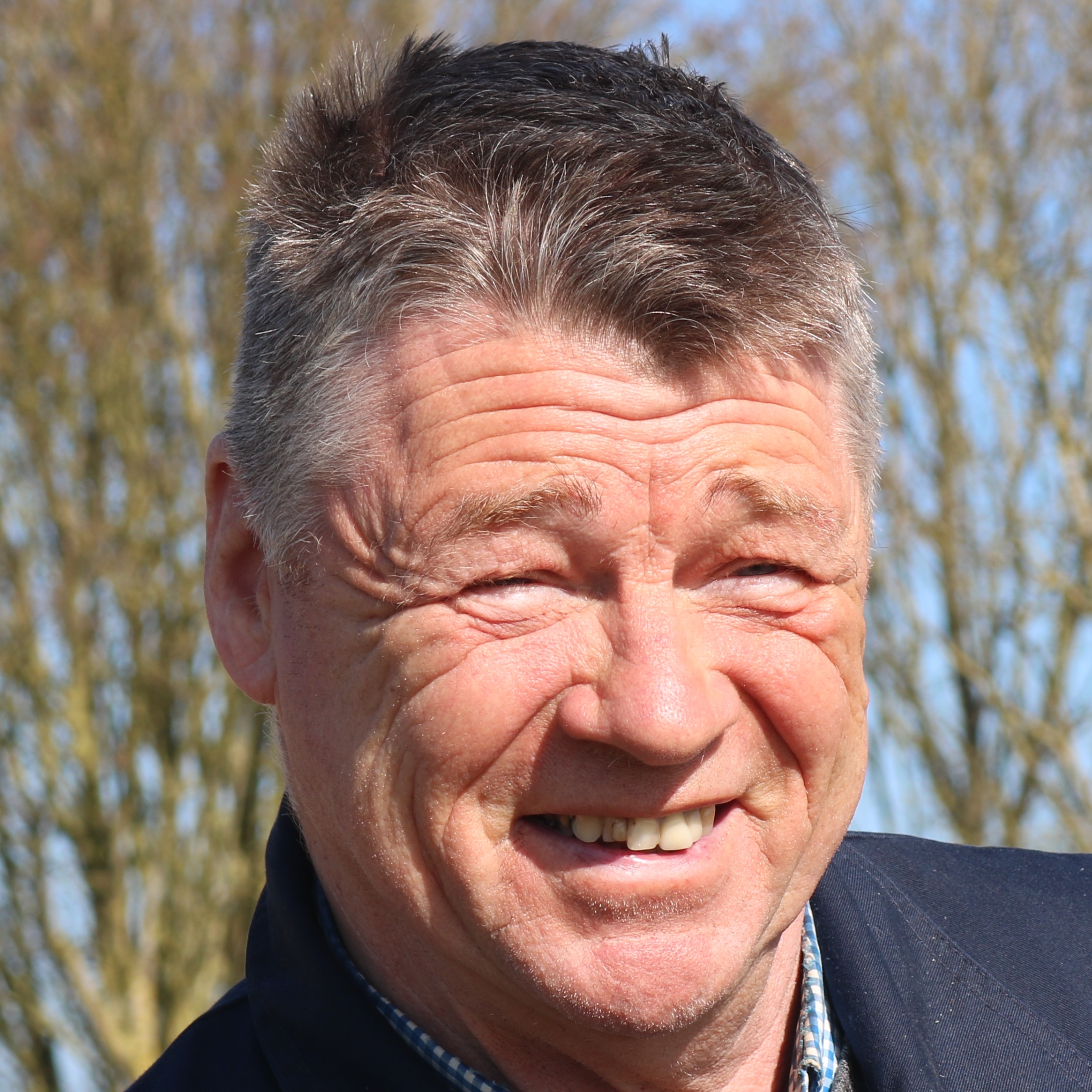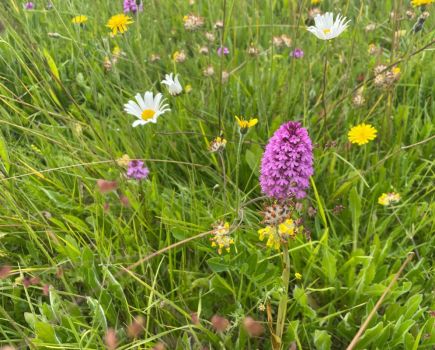CPM readers have the chance to decide who will be the UK’s arable Climate Change Champion of the year.
Throughout 2022, we’ve profiled seven growers – thought leaders who have already started their journey to meet the challenging target, set by the NFU, of net zero emissions by 2040. They have the ideas, the progressive outlook and the determination to shape positive change.
Now it’s your turn to decide which of them should be awarded the accolade of Climate Change Champion 2022. Click here to score each contender on their innovative ideas, productivity push, cultivation care and bio-based boldness. Voting ends on 1 November 2022 and the winner will be announced shortly after.
CPM would like to thank our sponsors, leading agricultural suppliers who have a credible net zero aspiration and are working with farmers in a partnership approach to meet this ambitious goal. They helped identify these individuals and bring them into the top-level discussion about how farming can position itself as the solution to climate change.
cpm-magazine.co.uk/climatechangechampions





Robin Aird
Charlton Park Farms, Wiltshire
Innovative ideas
If there’s a confidence about the way Robin presents Charlton Park and its farming prospects, it’s because this is based on a solid grasp of the underlying figures. Applying the same approach to its natural assets sets the estate up for a bright future.
Productivity push
The move to digestate away from synthetic fertiliser makes a massive difference for the farm’s sustainable productivity. Robin has pushed this further by exploring every opportunity to maximise returns through both crop management and stewardship.
Cultivation care
A gradual, sustained reduction in cultivation is already bringing benefits in terms of reduced costs and improved soil organic matter. Maize presents a challenge, but the business now has the measurement tools to bring optimum results.
Bio-based boldness
The wider, societal benefit of the AD unit arguably sits outside the business. But Robin has carefully ensured maximum opportunities for the estate and the WOMAD festival presents an ideal and direct route to market to capitalise on its natural assets.
Guy Eckley
Eckley Farms, Kent
Innovative ideas
Guy and Claire Eckley have not only followed a farming system that is sequestering carbon, they’ve developed an award-winning brand for the food produced from it, proving that the production of healthy food goes hand-in-hand with the drive to net zero.
Productivity push
A focus on getting the soil and plant biology to do the work has led to a substantial reduction in inputs, particularly fertiliser, for little or no drop in yield – a 10t/ha full-spec milling wheat is achieved with 180kgN/ha, for example.
Cultivation care
The Controlled Traffic Farming system, combined with direct drilling, keeps soil disturbance to a minimum. Worms are the main cultivation providers.
Bio-based boldness
Pure Kent customers have the opportunity to offset their own emissions through investing in the farm and its produce.
Toby Hogsbjerg
The Wicken Farms Co, Norfolk
Innovative ideas
With a clear focus on the long-term future of The Wicken, Toby has set about securing this through progressive small steps. These are underpinned with on-farm trials and monitored objectively.
Productivity push
While root crops remain the dominant productive element for the business, reliance on synthetic nitrogen has been reduced through judicious use of cover crops and bought-in turkey litter. Crop management is geared towards maximising green area cover.
Cultivation care
There’s limited potential to reduce reliance on the plough where root crops dominate on soils that don’t self structure. However, both the number of passes and cultivation depth have been gradually reduced and benefits are beginning to show.
Bio-based boldness
The approach at The Wicken revolves around securing the long-term future of a North Norfolk estate, and Toby achieves this through balancing its social side with the aims for productivity and biodiversity.
Tom Jewers
G.D.Jewers & Son, Suffolk
Innovative ideas
Tom’s approach to improvements on the farm has been to experiment and learn from the results. Open to new ideas and never happy with what he’s found, he’s constantly searching for the next step and the technologies that will deliver further benefits.
Productivity push
A combination of soil improvement, judicious use of cover crops and a more scientific approach to crop nutrition have led to significant fertiliser savings. Cropping changes bring in further opportunities to boost productivity.
Cultivation care
The farm has successfully managed the transition to minimum-disturbance direct drilling, incorporating the straw to cycle soil carbon and using cover crops to retain and improve structure.
Bio-based boldness
Tom’s inquisitive nature and quest for improvements have made the farm the perfect site for the Helix East Anglia Demonstration Farm. His role on the SRC farmer advisory board brings further benefits to the wider arable farming community.
Michael Kavanagh
DGF & MAM Thompson Farms, Shropshire
Innovative ideas
Michael has embraced regenerative agriculture practices, resulting in a climate-positive carbon balance and improving soil health. Through the Green Farm Collective, he plans to capitalise on his natural capital gains.
Productivity push
A concerted effort to rely less on synthetic inputs and build soil organic matter (SOM) has reduced fertiliser use by over 30% while yield potential of the sandy loam soils has improved.
Cultivation care
A move to strip tillage and more lately direct drilling has seen average SOM levels increase from below 2.5% to 3.25% in six years.
Bio-based boldness
Quinoa and heritage milling wheat provide added value, low input crops, while the biodiversity and water stewardship gains are measured and can be traded, too.
Robert Moore
Agricycle, Lincolnshire
Innovative ideas
Robert has built a nationwide business around helping farmers recycle the plastic used on farms, taking this further with other operators in an industry-wide initiative to encourage more recycling and less waste. This has gone hand-in-hand with a plan to restore biodiversity to the family farm.
Productivity push
With blackgrass among the biggest challenges, the poorest land has been taken out of production with spring cropping, a sound rotation, manures and the introduction of livestock bringing sustainable yields using far less synthetic inputs.
Cultivation care
The rotation and livestock are helping the farm’s move to minimum tillage on the heavy soils.
Bio-based boldness
With the aim of net zero carbon for both the recycling side and the farm, solar provides the power while a water treatment plant minimises freshwater usage. Agri-cycle also helps other farmers cut their emissions.
John Pawsey
Shimpling Park Farms, Suffolk
Innovative ideas
On-farm trials are a key source of new ideas through which John progresses his organic system. He also hosts farm visits and talks and avidly exchanges knowledge with others, which enriches the farm’s diversity further.
Productivity push
Premium markets, bi-cropping and careful use of the farm’s herbal leys have all helped increase productivity, which for John includes biodiversity and soil health, as well the farm financials. All of this is currently done with very low emissions.
Cultivation care
Controlled traffic farming and a rigorous attention to tyre pressure have kept compaction in check. Use of the plough has been nearly eliminated at the home farm and cultivations are appropriately diverse to ensure weeds are under control. Soil organic matter has risen from 2.9% to 5.5% over 20 years.
Bio-based boldness
Biomass boilers are fuelled from home-grown woodchip and provide the heating for farmhouse, outbuildings and cottages. A 50kW solar array on the grain barn supplies commercial lets.
This article was taken from the latest issue of CPM. For more articles like this, subscribe here.




